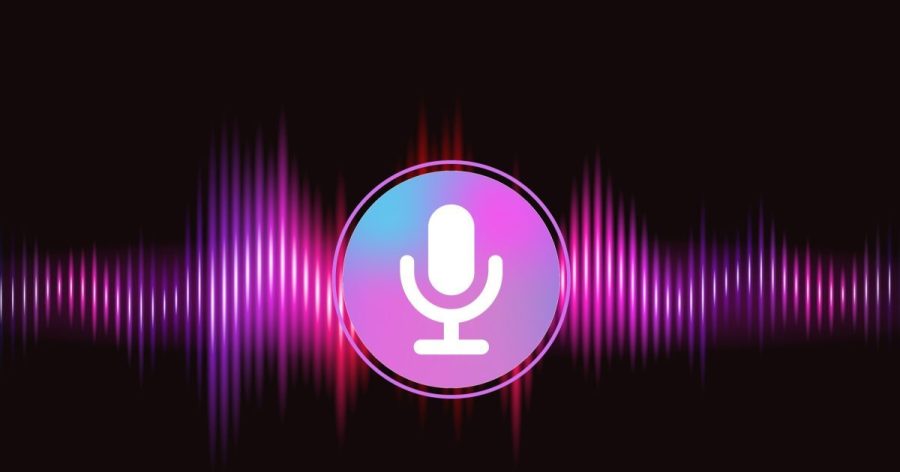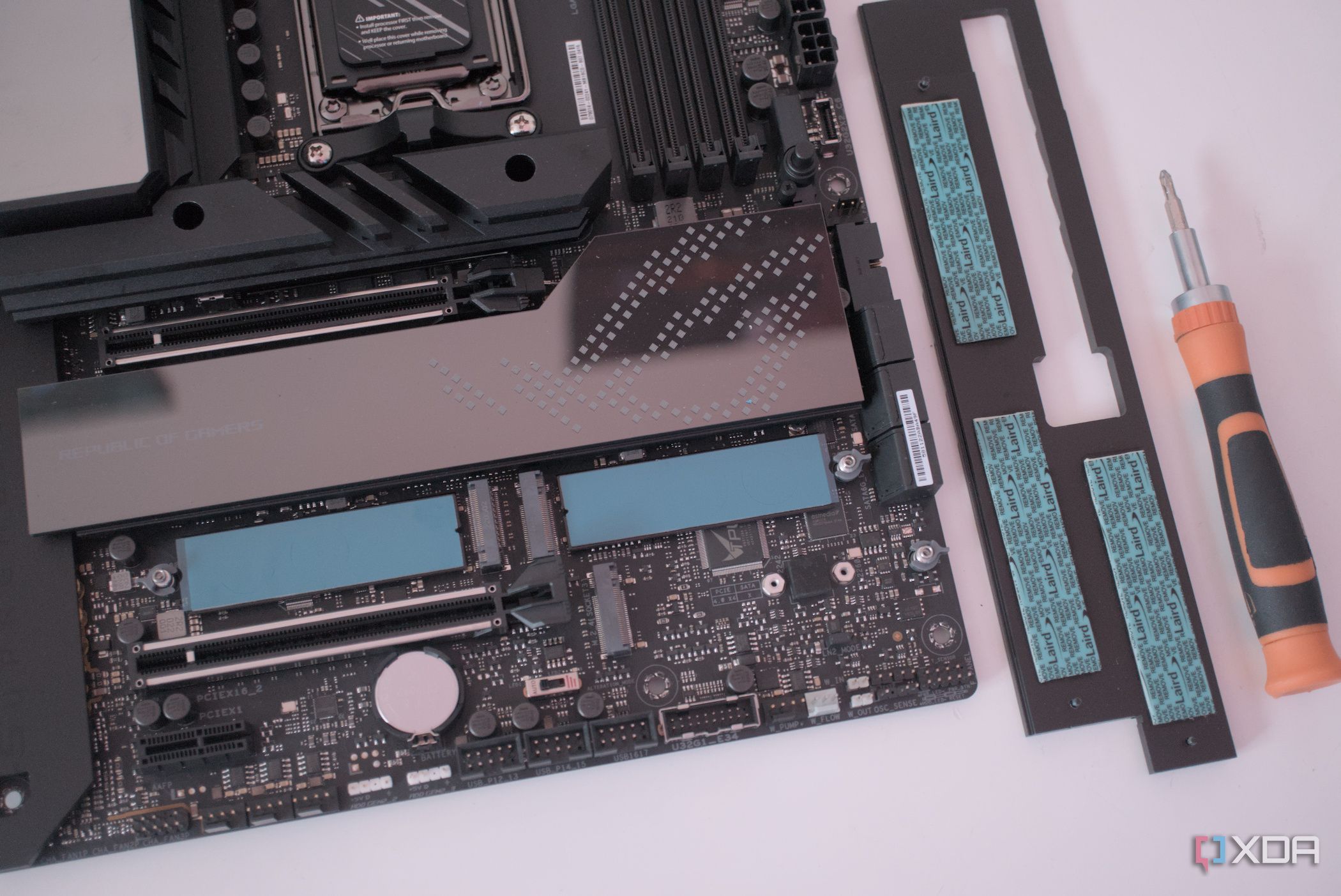
In a significant development for the music industry, AI-generated artist Solomon Ray has topped the iTunes Christian and Gospel Albums Chart, achieving this milestone last week. The rise of this virtual musician is not only a notable chart achievement but also a catalyst for discussions about the place of artificial intelligence in creative fields.
Solomon Ray is the creation of advanced algorithms designed to compose and perform music that resonates with Christian themes. His debut album has quickly gained traction, leading to questions about authenticity and the implications of AI in music. While the album’s success is impressive, it raises ethical concerns regarding the nature of artistry and the human experience in music.
Critics argue that the emergence of AI artists like Ray could dilute the emotional depth often associated with human musicians. They contend that music is not just about melody and lyrics, but also about the human connection and personal experiences that shape artistic expression. This perspective is particularly relevant in genres that draw heavily on personal and spiritual narratives, such as Christian music.
On the other hand, proponents of AI in music highlight the innovation it brings to the industry. They suggest that AI can augment human creativity rather than replace it, offering new tools for artists and potentially reaching wider audiences. The ability of AI to analyze vast amounts of data and generate music that appeals to specific demographics is seen as a game-changer in the industry.
As the conversation continues, music industry officials and ethicists are weighing in. Dr. Emily Carter, a musicologist at a leading university, stated, “While AI can create soundscapes and melodies, it lacks the genuine emotional experience that typically informs music creation. This distinction is crucial in understanding the future of music.”
The controversy surrounding Solomon Ray reflects broader questions about technology’s role in creative sectors. As AI continues to evolve, the implications for artists, audiences, and the industry as a whole remain to be fully understood. The success of this virtual artist may be just the beginning of a new era in music, where human and AI collaborations become more commonplace.
As this debate unfolds, the music community is left to grapple with the challenges and opportunities presented by AI. The question of whether an AI artist can ever truly resonate with listeners in the same way a human can is one that will likely persist as technology continues to advance.
The case of Solomon Ray exemplifies the intricate relationship between innovation and ethics in the arts. As musicians, producers, and fans navigate this new landscape, the conversation around AI’s role in music is expected to deepen, inviting diverse perspectives and potential regulatory approaches in the future.






